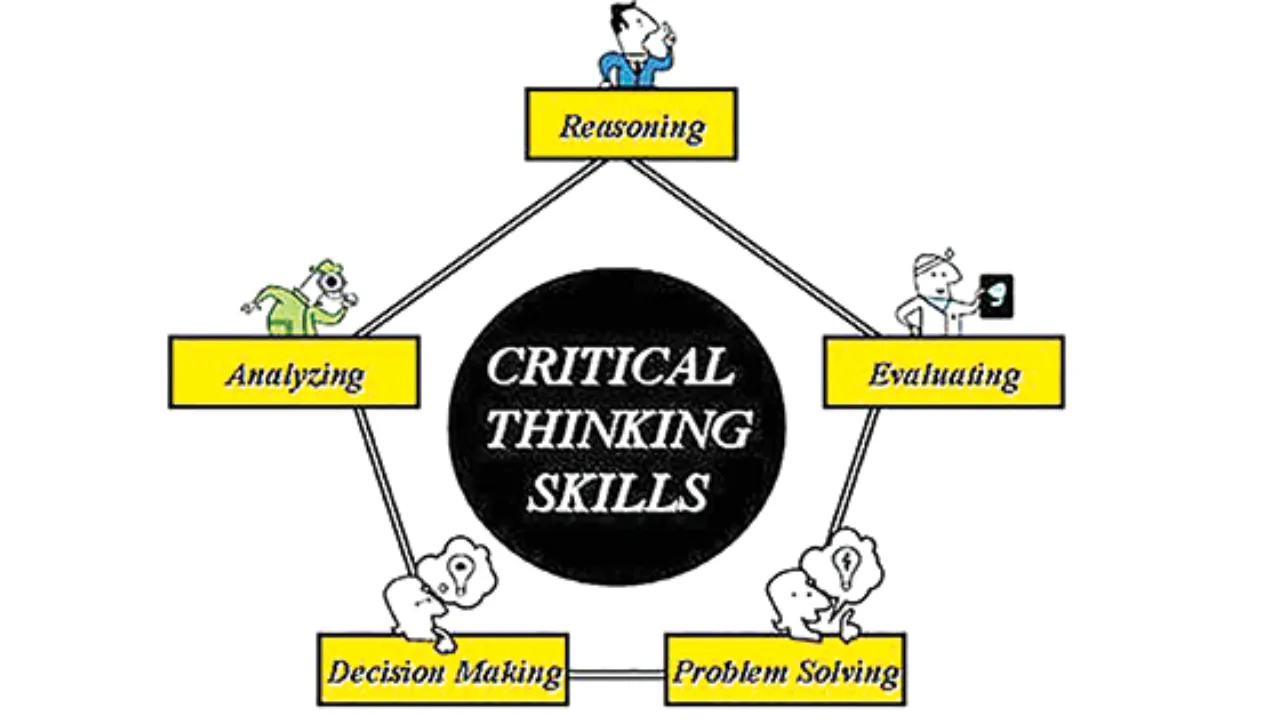Career Growth and Promotions in Government Jobs: When considering a stable career, many people wonder about career growth and promotions in government jobs. While government jobs are known for job security and benefits, understanding how you can advance in your career is equally important.
In this article, we will explain what to expect regarding career growth and promotions in government jobs, covering promotion systems, growth opportunities, and factors that influence your progress in public service roles.
Hierarchical Structure in Government Jobs
A key feature of career growth and promotions in government jobs is the clear hierarchical structure. When you join, your position depends on the exam you cleared and your qualifications. Over time, you move up through defined ranks, with each promotion bringing more responsibilities, higher pay, and better perks.
For example, a person joining as a clerk can gradually rise to higher administrative roles, while those entering through exams like SSC CGL or UPSC can reach senior officer positions.
How Promotions Work in Government Jobs
Promotions in government jobs are usually based on a combination of seniority, merit, and departmental rules. Here’s how the process generally works:
- Seniority-Based Promotions: Many government roles offer promotions after completing a fixed number of years in service.
- Merit-Based Promotions: Your performance, departmental exams, and interviews can fast-track your promotion, especially in higher-level roles.
- Departmental Exams: Clearing internal exams can make you eligible for faster advancement.
- Vacancy Availability: Promotions also depend on whether higher posts are available.
Most departments follow a “seniority-cum-merit” system, meaning both time served and performance matter. This balanced approach shapes career growth and promotions in government jobs across various sectors.
Time-Bound Promotions: ACP and MACPS
To prevent stagnation, the government has schemes like Assured Career Progression (ACP) and Modified Assured Career Progression Scheme (MACPS). Under these, if you don’t get promoted due to lack of vacancies, you still receive financial upgrades after 10, 20, or 30 years of service.
While these schemes improve salary and grade pay, they may not change your job title or responsibilities. Still, they form an important part of career growth and promotions in government jobs, ensuring steady progress.
Opportunities for Advancement
As you gain experience, government jobs offer various ways to advance:
- Higher Decision-Making Roles: Each promotion leads to roles with greater authority.
- Transfers and Deputations: You may get opportunities to work in different departments, expanding your skills.
- Training Programs: Many departments offer skill development courses to prepare employees for higher responsibilities.
This structured pathway makes career growth and promotions in government jobs predictable and rewarding.
Examples of Career Progression Paths
To better understand career growth and promotions in government jobs, here are some typical examples:
- SSC CGL Entry (e.g., Assistant Section Officer):
Progression: Assistant → Section Officer → Under Secretary → Deputy Secretary → Director - State Police Constable:
Progression: Constable → Head Constable → ASI → SI → Inspector - IAS Officer:
Progression: Assistant Secretary → SDM → District Collector → Principal Secretary → Cabinet Secretary
These examples show that with time, dedication, and performance, significant career advancement is possible.
Factors That Influence Your Career Growth
Several factors impact how quickly you move up:
- Performance: Consistent, high-quality work can lead to faster promotions.
- Qualifications: Additional degrees or certifications can open doors to higher roles.
- Department Rules: Each department has its own promotion policies.
- Vacancies: The number of available higher posts affects promotion speed.
Understanding these factors is key to managing expectations about career growth and promotions in government jobs.
What to Expect from Promotions in Government Jobs
Here’s a realistic view of what to expect:
- Slow Initial Growth: Early promotions may rely heavily on seniority.
- Increased Competition: At higher levels, promotions depend more on merit and performance.
- More Responsibilities: Each promotion brings greater duties and influence.
- Better Pay and Perks: Salary increases, allowances, and benefits improve with each step up.
Overall, career growth and promotions in government jobs offer stability with steady progress, though patience and consistent effort are essential.
How to Boost Your Promotion Chances
If you want to accelerate your growth:
- Prepare for Departmental Exams: These can fast-track your promotion.
- Maintain a Strong Work Ethic: Positive appraisals play a role in merit-based promotions.
- Upgrade Your Skills: Attend training programs and pursue higher education.
- Stay Informed: Know your department’s promotion policies and eligibility criteria.
Taking proactive steps can help you make the most of career growth and promotions in government jobs.
FAQs
How long does it take to get a promotion in a government job?
It depends on the role and department, but typically, promotions occur every few years based on seniority and performance.
Do all government jobs offer time-bound promotions?
Most central and state government jobs follow ACP or MACPS schemes to ensure financial progression.
Can I get promoted faster through departmental exams?
Yes, clearing internal exams can help you move up quicker in many departments.
Is career growth in government jobs better than private jobs?
Government jobs offer stable and structured growth, while private jobs may offer faster but less predictable promotions.
Do promotions come with transfers?
In some cases, promotions may involve transfers, especially in all-India services or transferable roles.
Final Thought
Choosing a government job is not just about job security but also about long-term career development. While career growth and promotions in government jobs may follow a steady pace, they offer clear pathways, financial stability, and increasing responsibilities over time. Stay committed, perform well, and take advantage of opportunities like departmental exams to advance your career. If you found this guide useful, share your thoughts in the comments or ask questions. Explore more articles to learn about different government job roles and career planning tips!







